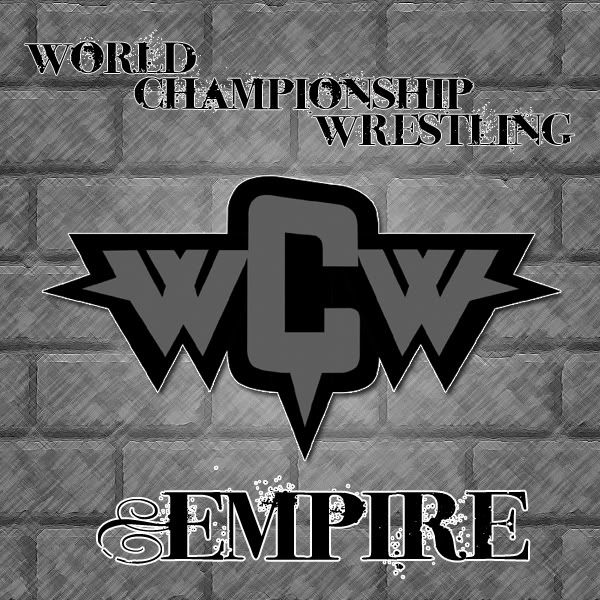
"What if" is one of the most intriguing questions we can ask. A simple question that can inspire endless debate and creativity.
The question here is simple - what if World Championship Wrestling survived?
The starting point will be March of 2001. The intent is to have WCW struggle, adapt, evolve, and most of all, survive. The WCW empire perseveres.
The Project
So what the fuck is this? Its a diary/franchise/"Be the Booker" project I've been doing for a bit on a couple other sites. I decided to repost it here. Why? Whyt not? I doubt many will read it, but it might entertain those who do.
Back in the MM heyday, I did some franchise projects around football/soccer. Basically, I enjoy writing. When I found a wrestling booking simulator game, I ended up doing a couple of projects around that. Why wrestling? I like wrestling, and its a unique combiation of allowing creativity but within a closed world. This project is not based on a booking simulator game, but just full fantasy booking.
This project is a fantasy booking project that starts in March of 2001. The very basic scenario is that WCW survives beyond the point in March 2001 where it "died" and was bought out by Vince McMahon. The aim is to be relatively realistic and to be relatively easy to read.
I have reached early 2003 in the project already, so the first while will just be catching up on those pots. I'll be positing those relatively quickly - probably one a day. They are mostly relatively quick to read. I try to keep the front-page (the posts that will be right below this one) pretty up to date, so you can have a quick-reference for the roster, champions, etc. That won't be the case during the catch-up, as things change so quickly.
One thing I want to emphasize here is that WCW does continue to struggle. Not in the same ways - though I was tempted to have them be Russo-rrific for awhile - but there are definitely struggles. Problems. Mistakes. That is surprisingly frustrating to write, and I imagine it will be at times frustrating to read as well. A key idea is that WCW has to suffer. They have to hit a real low point. A common phrase I will use is "the biggest indy promotion", because that's basically what WCW becomes after the survival point (March 2001, obviously). They have some stars, they have TV and PPV, but they also face some real issues in terms of attendances, revenue streams, and simply overall fanbase. In some ways, I would say they are comparable to TNA over the past few years, but with a much more damaged reputation.
I make an effort to try to respect time-lines, characters, and relationships. So most workers will debut when they actually debuted. Some tag teams, names, or gimmicks may get used before they actually did, but within limits. I will also tend to stick toward talents who have actually succeeded in "real" wrestling to some extent. Doing fantasy booking opens up some interesting possibilities - whether its having someone come into pro wrestling from the MMA world or having a B or C level celebrity come in for a recurring role, etc. I'm not saying such ideas won't be used at all, but they won't be a primary focus. For the most part, they are going to be talents that most wrestling fans will recognize and be using names that they will best recognized under - signing an indie guy and giving him a new name might be realistic, but it also tends to create confusion.
Most of the graphics I have done myself. I pretty such stink at that and can only do basic stuff, so you get pretty basic graphics. I have tried using the project as a learning tool in that regard but the improvements are slow, if at all.
I am open to feedback and suggestions, but since the next two years are already written, some stuff can't be incorporated for awhile.
The Format
I am not using a "full show" approach. Rather, its a "recap" style based on monthly summaries. Each recap covers one month (with a few exceptions) and is followed by a recap of the PPV afterward. The recaps tend to focus on all aspects of the promotion - the business side and the wrestling side. You don't get match-by-match, angle-by-angle recaps of the TV shows, but rather an overview of how things went in a given month and the things that stood out - good or bad. The end result is that its almost like you are reading a history of the promotion, with each month and each PPV being a short chapter. Given than an outside writer can't always know the specifics of why a decision was made, or can't know which of two conflicting stories is accurate, I attempt to receate that. As such, there are not too many absolutes.
I've had readers compare the style and tone to "The Death of WCW" by R. D. Reynolds and Bryan Alvarez, which was an inspiration for the initial project. As mentioned, making everything easy to read, quick to read, and accessible was definitely a goal.
Acknowledgments
A number of folks have helped me with this one, whether its suggestions or sorting out ideas. Naming them seems a bit odd, since they wouldn't be recognized. But this has definitely not be entirely solo project, so thanks to those who have contributed.


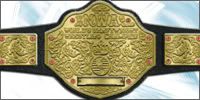
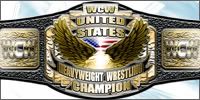
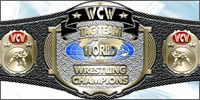
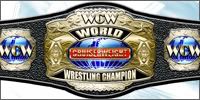









Comment